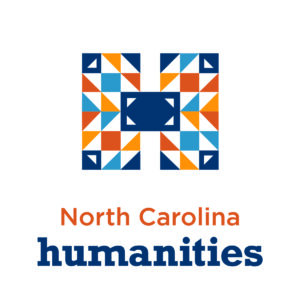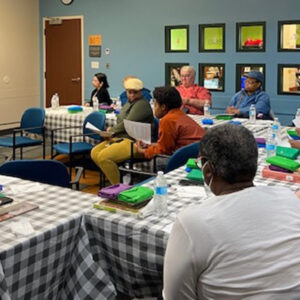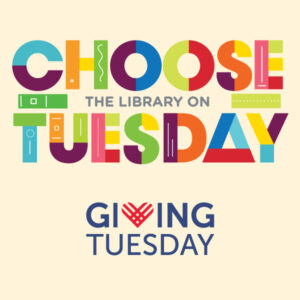Stories beget stories…and the Living Archives is capturing them.
Nearly two years ago, the Library’s Engage 2020 initiative was launched, seeking to elevate the stories of women, especially black women and women of color, in the history of the suffrage movement, voting rights, and beyond. When the pandemic hit in early 2020, this desire to tell the stories of marginalized individuals grew, first into essential workers’ narratives, a powerful glimpse into the untold experiences of many in our community.
The Living Archives will document and preserve those untapped histories.
Made possible with a $250,000 investment from The Duke Endowment, The Living Archives will capture the impact of COVID-19 in Black, Latinx and Indigenous communities across Mecklenburg County. The project pairs your Library with Johnson C. Smith University, the Center for Documentary Studies at Duke University and Levine Museum of the New South.
Just three months into the three-year project, the Living Archives has launched a new website with a $20,000 grant from North Carolina Humanities. The site will be a dynamic, interactive portal to the stories being collected.
“The creation of a web presence for the Living Archives will be an important resource as we work toward a more equitable future. We’re excited to gather and share the stories of residents throughout the County,” said Martha Yesowitch, Charlotte Mecklenburg Library’s Community Partnerships Manager and project director for Living Archives.
Ultimately the Living Archives will be shared through exhibits, digital interactive experiences, performances, town meetings and other means that promote ongoing intergenerational collaboration and will be included in the collections of the Robinson-Spangler Carolina Room, Johnson C. Smith University Library, and Digital Public Library of America.
About the Grant
 Charlotte Mecklenburg Library Foundation received an American Rescue Plan Humanities Grant from North Carolina Humanities, nchumanities.org. Funding for this grant was provided by the National Endowment for the Humanities (NEH) as part of the American Rescue Plan Act economic stabilization plan. Any views, findings, conclusions, opinions or recommendations expressed do not necessarily represent those of NC Humanities or the NEH.
Charlotte Mecklenburg Library Foundation received an American Rescue Plan Humanities Grant from North Carolina Humanities, nchumanities.org. Funding for this grant was provided by the National Endowment for the Humanities (NEH) as part of the American Rescue Plan Act economic stabilization plan. Any views, findings, conclusions, opinions or recommendations expressed do not necessarily represent those of NC Humanities or the NEH.



